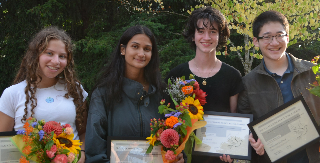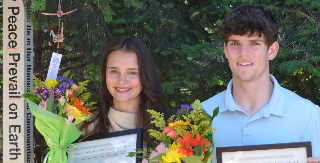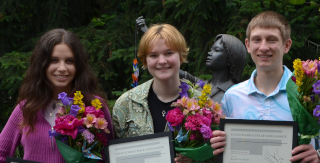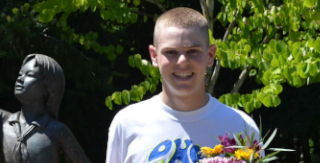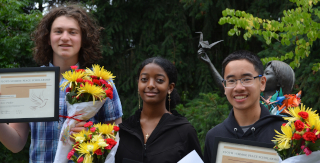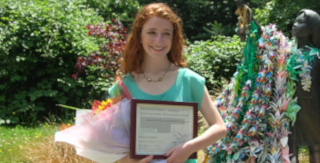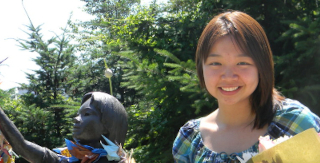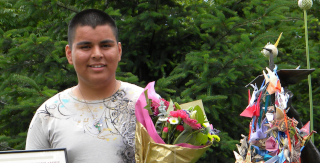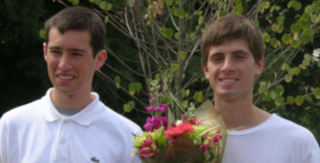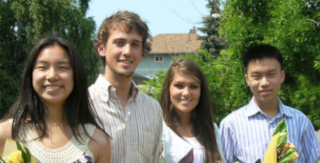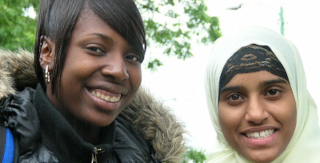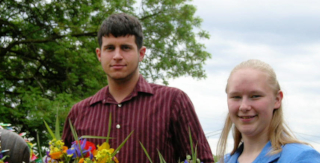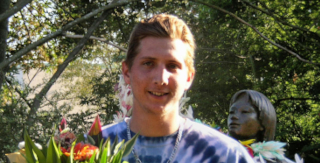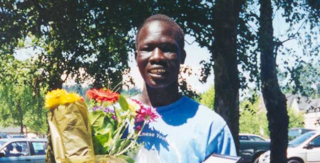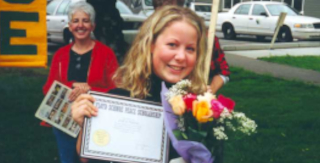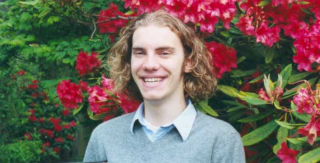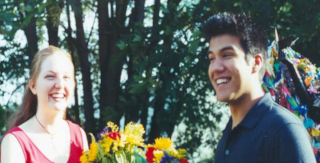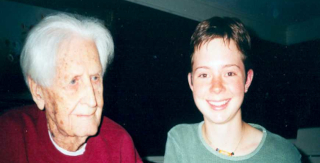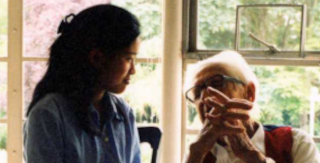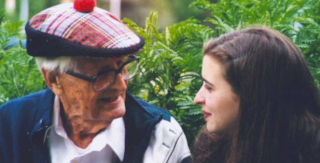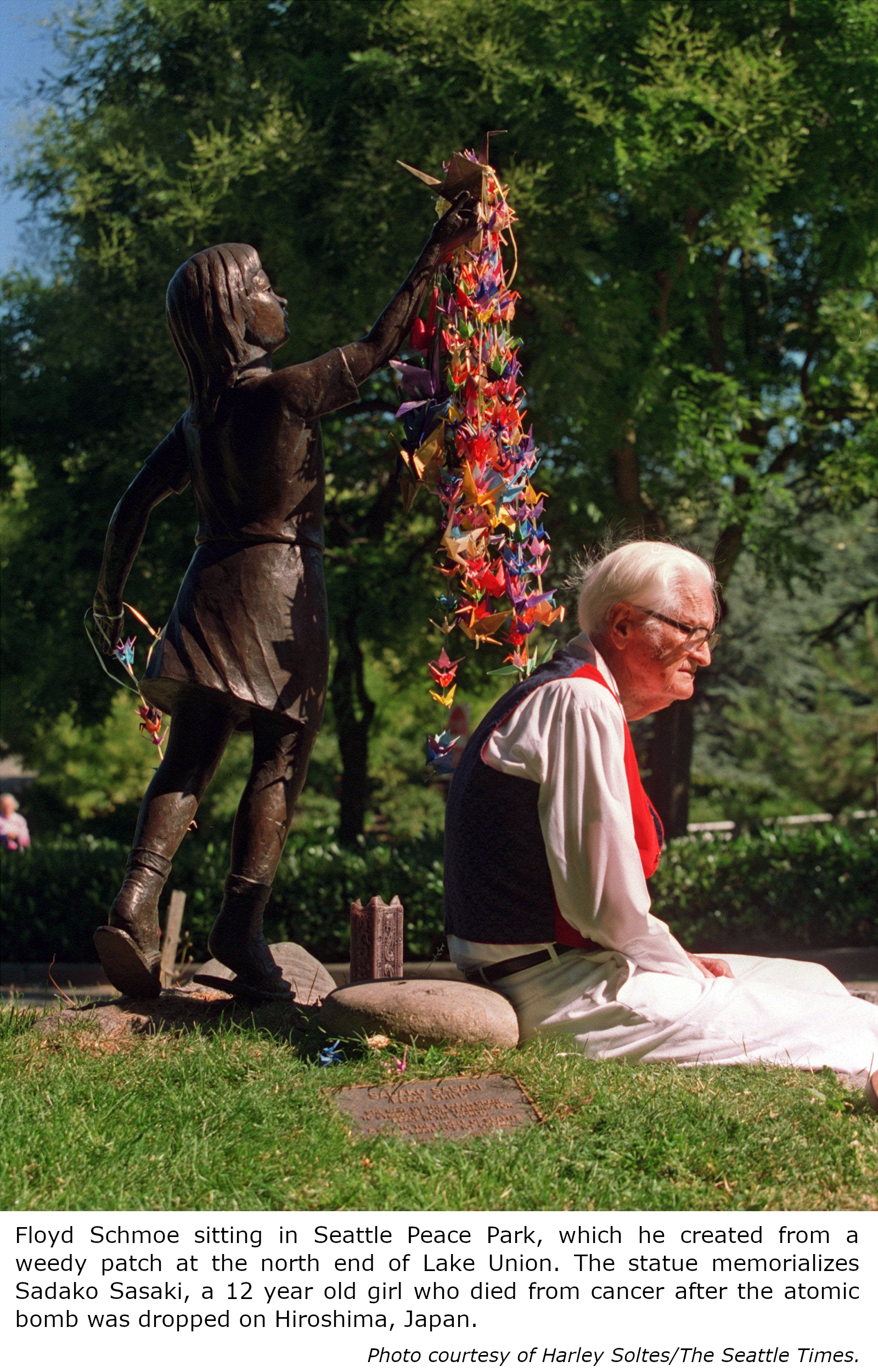
Floyd Schmoe was 105 years old when he died on April 20, 2001 in Kirkland, Washington. A sixth generation Quaker and peace activist, Schmoe worked as a forest ecologist, marine biologist, college professor and leader of volunteer service groups. He had been shot at and held prisoner while doing relief work in six wars, but he never touched a gun.
During World War I, he drove an ambulance and carried wounded soldiers off French battlefields with the Red Cross. During World War II, he helped arrange evacuation of European Jews and shipped seeds, cows and clothing to war victims in Asia and Europe. When Seattle's Japanese-Americans were relocated to barbed-wire camps in Idaho, he left his job teaching forestry at the University of Washington to go to the internment camps to help them.
After the atomic bombs were dropped, Floyd Schmoe took volunteers to Japan to rebuild homes in the rubble of Hiroshima and Nagasaki. Originally built in 1951 as a community center, the Schmoe House has served as an annex of the Hiroshima Peace Memorial Museum since 2012. Later wars in Korea, the Middle East and Africa called him to construct orphanages, salvage hospitals, dig irrigation ditches and repair wells. He was nominated three times for the Nobel Peace Prize.
Floyd Schmoe saw the establishment of the Floyd Schmoe Peace Scholarship in 1997 as a miniature Nobel Peace Prize.
The first three recipients of the Floyd Schmoe Peace Scholarship met with Floyd Schmoe when they received their award. Even though Floyd was over 100 years old, he was always attentive when he met with the students and was interested in their future.
Thank you, Floyd, for your inspiration.
If we know people, we have some responsibility for them.
I feel a responsibility to help if I can.
